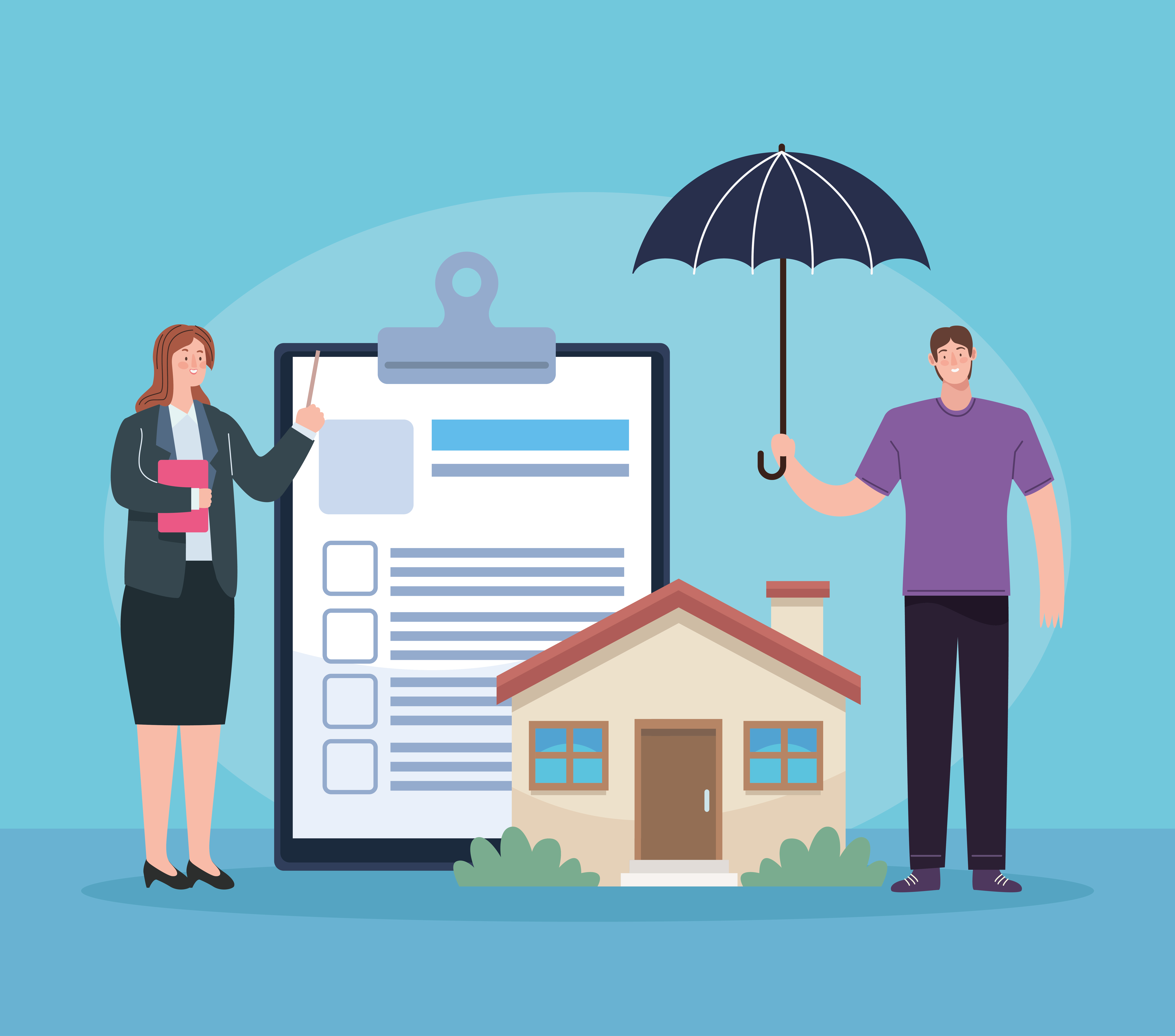Hello, financial explorers! Whether you’re planning a big purchase, consolidating debt, or covering unexpected expenses, personal loans can be a valuable tool in your financial toolkit. Today, we’re diving deep into the world of personal loans, exploring how they work, their benefits, and how to secure the best terms. Buckle up for an exciting journey that will empower you to make informed financial decisions!
What Is a Personal Loan?
A personal loan is a type of unsecured loan that you can use for various purposes, such as consolidating debt, financing home improvements, paying for a wedding, or covering emergency expenses. Unlike secured loans, personal loans do not require collateral, meaning you don’t have to pledge any assets to obtain the loan. Instead, lenders evaluate your creditworthiness based on factors like your credit score, income, and debt-to-income ratio.
How Do Personal Loans Work?
Here’s a step-by-step breakdown of how personal loans work:
- Application: Apply for a personal loan through a bank, credit union, or online lender. You’ll need to provide information about your income, employment, and financial situation.
- Approval: The lender reviews your application and determines your eligibility based on your creditworthiness. If approved, you’ll receive an offer outlining the loan amount, interest rate, and repayment terms.
- Funding: Once you accept the offer, the lender disburses the loan amount directly to your bank account, typically within a few days.
- Repayment: You repay the loan in fixed monthly installments over a predetermined period, usually ranging from one to seven years.
Types of Personal Loans
Personal loans come in various forms, each designed to meet different financial needs. Let’s explore the most common types:
Fixed-Rate Personal Loans
Fixed-rate personal loans have an interest rate that remains constant throughout the loan term. This means your monthly payments stay the same, making it easier to budget and manage your finances.
Variable-Rate Personal Loans
Variable-rate personal loans have an interest rate that can change over time based on market conditions. While these loans often start with lower rates, they carry the risk of increased payments if rates rise.
Debt Consolidation Loans
Debt consolidation loans are personal loans specifically used to combine multiple debts into a single loan with a lower interest rate. This can simplify your payments and potentially save you money on interest.
Secured Personal Loans
While most personal loans are unsecured, some lenders offer secured personal loans that require collateral, such as a car or savings account. These loans may come with lower interest rates because they pose less risk to the lender.
Benefits of Personal Loans
Personal loans offer several advantages, making them an attractive option for many borrowers. Here are some key benefits:
Flexibility
Personal loans can be used for various purposes, giving you the flexibility to address different financial needs, whether it’s consolidating debt, financing a large purchase, or covering emergency expenses.
Fixed Repayment Schedule
With fixed-rate personal loans, you have predictable monthly payments, making it easier to budget and manage your finances. This fixed repayment schedule can help you stay on track and avoid missed payments.
Lower Interest Rates
Compared to credit cards and payday loans, personal loans often come with lower interest rates, especially if you have good credit. This can save you money on interest over the life of the loan.
No Collateral Required
Most personal loans are unsecured, meaning you don’t need to pledge any assets to obtain the loan. This reduces the risk of losing valuable property if you’re unable to repay the loan.
How to Qualify for a Personal Loan
Qualifying for a personal loan depends on several factors, including your credit score, income, and debt-to-income ratio. Here are some steps to improve your chances of approval:
Check Your Credit Score
Your credit score is a crucial factor in determining your eligibility for a personal loan and the interest rate you’ll receive. Check your credit report for errors and take steps to improve your score if necessary.
Compare Lenders
Shop around and compare offers from multiple lenders to find the best terms. Look at interest rates, fees, and repayment terms to ensure you get the most favorable deal.
Gather Documentation
Lenders will require documentation to verify your income, employment, and financial situation. Common documents include pay stubs, tax returns, and bank statements. Having these ready can speed up the application process.
Reduce Your Debt-to-Income Ratio
Lenders look at your debt-to-income ratio (DTI) to assess your ability to repay the loan. Reduce your DTI by paying down existing debt and increasing your income if possible.
Tips for Managing Personal Loans
Once you’ve secured a personal loan, it’s important to manage it responsibly to maintain your financial health. Here are some tips:
Create a Budget
Develop a budget that includes your loan payments and other expenses. This will help you stay on track and ensure you can meet your financial obligations.
Set Up Automatic Payments
Many lenders offer the option to set up automatic payments from your bank account. This ensures you never miss a payment and can help you avoid late fees.
Avoid Taking on More Debt
While it can be tempting to use your loan for additional expenses, avoid taking on more debt than necessary. Focus on repaying your existing loan before considering new borrowing.
Communicate with Your Lender
If you encounter financial difficulties and can’t make a payment, contact your lender immediately. They may offer options such as deferment or a modified repayment plan to help you stay on track.
Conclusion
Personal loans can be a powerful financial tool when used responsibly. By understanding how they work, the different types available, and the benefits they offer, you can make informed decisions and use personal loans to achieve your financial goals. Remember, the key to success is careful planning, thorough research, and responsible borrowing. Happy financing!
FAQs About Personal Loans
What is the difference between a secured and an unsecured personal loan?
Secured personal loans require collateral, such as a car or savings account, which reduces the lender’s risk and may result in lower interest rates. Unsecured personal loans do not require collateral and are granted based on your creditworthiness and financial situation.
How does a personal loan affect my credit score?
Applying for a personal loan may result in a small, temporary dip in your credit score due to the hard inquiry. However, if you make timely payments, it can positively impact your credit score by demonstrating responsible credit management.
Can I use a personal loan to consolidate debt?
Yes, personal loans are often used for debt consolidation. By combining multiple debts into a single loan with a lower interest rate, you can simplify your payments and potentially save money on interest.
What should I do if I can’t make a personal loan payment?
If you can’t make a payment, contact your lender immediately to discuss your options. They may offer solutions such as deferment, a modified repayment plan, or other assistance to help you avoid defaulting on the loan.
And there you have it! Your ultimate guide to navigating the world of personal loans. With this knowledge, you’re well-equipped to make informed decisions and use personal loans to enhance your financial well-being. Good luck and happy borrowing!



